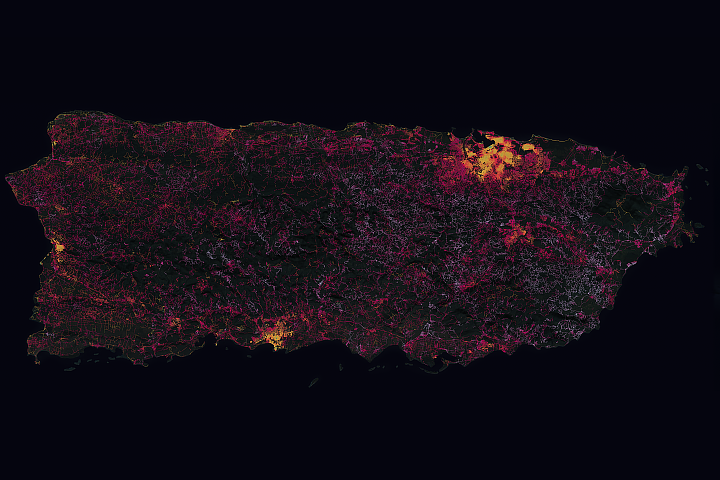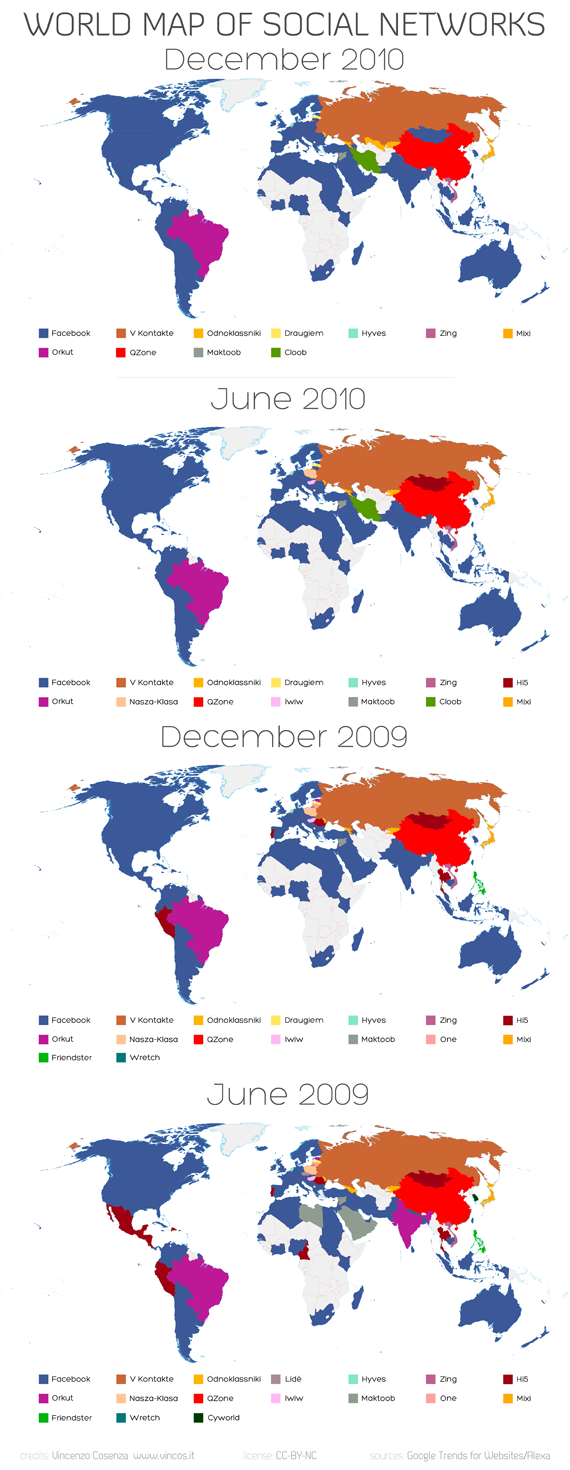
Putin and Merkel Face Off Over Kosovo
Russian Foreign Minister Sergei Lavrov lambasted Western leaders on Thursday for holding "secret talks" on the future of the Serbian province of Kosovo. Representatives from the United Kingdom, the United States, Italy, Germany and the United Nations met in Paris on June 12 for unscheduled talks to hammer out a common position on the issue. Notably absent from this meeting of the Contact Group on the Balkans were, of course, the Russians.
Moscow is outraged at the possibility of an independent Kosovo, not because it considers Serbia an ally but because a successful Western effort to impose its will upon Serbia against Russian wishes would signal the end of Russia's influence in Europe. It also would signal that Europe believes Russian objections can be easily swept under the rug.
Russia will attempt to convince the Europeans this is not the case. In Moscow's mind, if all it takes to become an independent state is for a local minority to agitate, then that rule could be applied elsewhere. If Kosovo can be independent, why not an independent Northern Ireland, or Basqueland, or Transylvania? For that matter, why shouldn't the Russians of Estonia and Latvia -- both members of the European Union and NATO -- be allowed to chart their own destiny (under Russian tutelage, of course)?
Put another way, Russian President Vladimir Putin feels he has little to lose in fomenting a crisis of confidence among both NATO and the European Union over the Kosovo issue. But another rising regional leader also sees some benefit in stoking the flames of the Kosovo crisis.
German Chancellor Angela Merkel is preparing for the end of her term as EU president. She has won a series of victories, largely in foreign policy, culminating in a successful G-8 summit last week. Merkel is seeking to help Germany re-emerge as a major European power, and what better way to do that than to publicly force the Russians into a confrontation and then make them retreat?
It was Merkel, not U.S. President George W. Bush, who said bluntly at the summit -- with a none-too-pleased Putin standing nearby -- that Kosovo will be independent. (Bush later echoed this statement during his trip to Albania.) Merkel, not Bush, has been steadily working European leaders to ensure that, when the time comes, Europe is on the same page about this issue. And it is Merkel, not Bush, who within the next two weeks will need to convince a recalcitrant Polish leadership that her vision for Europe is one worth agreeing to -- and what better way to impress the Poles than to show that Berlin can and will face down Moscow.
Merkel clearly believes that Russia will back down, since Kosovo is really not one of Moscow's core national interests, while Putin is convinced no one in their right mind would sacrifice anything of substance for the Kosovar Albanians. In other words, Kosovo will evolve into a crisis not because of the merits of the case but because both Putin and Merkel desire a crisis -- and Kosovo is conveniently on the table, with both sides convinced the other is not serious. The last time Germany and Russia faced off over an issue with this little effect on their national interests -- the assassination of an archduke in Sarajevo 93 years ago -- resulted in World War I.
There is still ample time for both sides to step down, but if this goes on much longer, they will not be able to do so without losing a great deal. Putin would lose the ability to impress Russia's desires upon Europe, and Merkel could lose legitimacy as the preeminent leader of both Germany and the European Union.
Source: Carol Guzy, Michael Williamson andLucian Perkins/ Washington Post
See also our pages on Peacekeeping , International Criminal Tribunal for Yugoslavia and Emerging States
http://www.globalpolicy.org/security/issues/ksvindx.htm















No comments:
Post a Comment